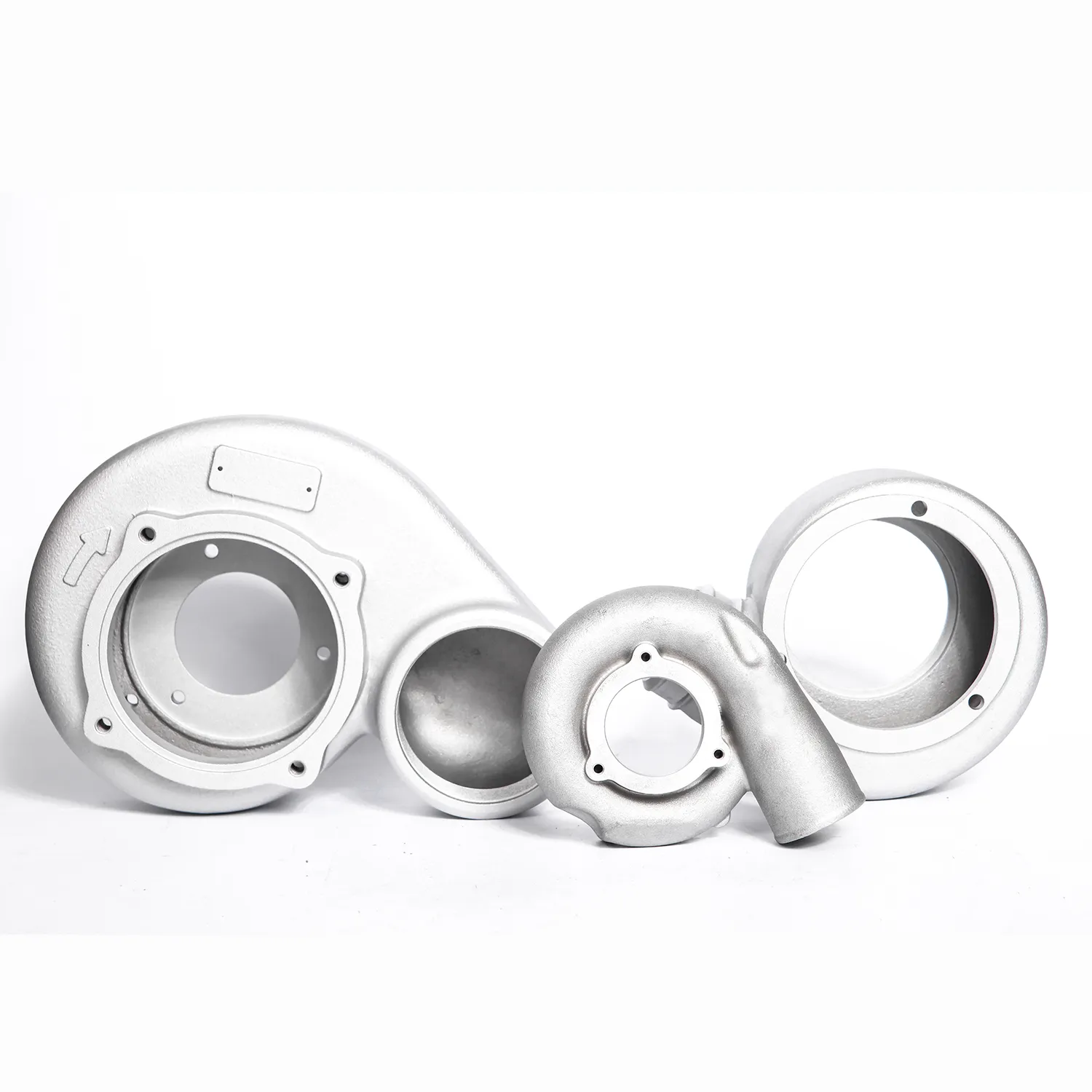Mobile:+86-311-808-126-83
Email:info@ydcastings.com
Electric Vehicle Water Pump System for Efficient Performance and Sustainability Solutions
The Role of Water Pumps in Electric Cars A Focus on Efficient Cooling Systems
In the realm of automotive engineering, particularly with the rise of electric vehicles (EVs), innovative technologies are becoming increasingly crucial. One such innovation that often goes unnoticed is the water pump, which plays a vital role in managing the thermal dynamics of electric cars. As the world shifts towards greener alternatives, understanding the significance of efficient cooling systems in EVs, especially the use of water pumps, is essential.
Electric vehicles operate differently from their internal combustion engine (ICE) counterparts. Instead of generating heat through fuel combustion, electric vehicles harness the power of batteries to drive electric motors. While this process eliminates tailpipe emissions and increases energy efficiency, it is not devoid of thermal challenges. Battery systems, electric motors, and power electronics need to maintain optimal operating temperatures to ensure efficiency and longevity. This is where water pumps come into play.
The Role of Water Pumps in Electric Cars A Focus on Efficient Cooling Systems
One of the main advantages of using water pumps in EV cooling systems is their effectiveness in heat transfer. Water has a high specific heat capacity, meaning it can absorb a large amount of heat before reaching a critical temperature. This property makes water an ideal coolant for electric vehicles. Furthermore, the efficiency of a water-based cooling system can significantly enhance the overall efficiency of the vehicle. When components run cooler, they operate more efficiently, which can extend battery life and improve driving range.
water pump electric car

Electric vehicles benefit from two types of cooling systems passive and active. While passive cooling relies on airflow or thermal conduction, active cooling systems—where water pumps play a crucial role—are more effective for high-performance scenarios. For instance, during rapid acceleration or heavy load, electric motors and batteries generate substantial heat, necessitating active cooling to maintain performance levels. Here, water pumps, often electrically driven, can adjust their operation based on the cooling requirements, ensuring optimal thermal management.
Moreover, advancements in water pump technology are contributing to the development of lighter, more efficient components. Traditional mechanical pumps often consume additional energy and add weight to the vehicle. However, modern electric water pumps can be intelligently controlled to operate only when needed, which minimizes energy consumption and overall weight. This results in better vehicle range and efficiency without compromising safety or performance.
As the automotive industry continues to evolve and embrace electrification, the need for advanced cooling technologies will only grow. The integration of efficient water pumps in electric vehicles not only enhances performance but also aligns with broader environmental goals. By reducing energy consumption, extending vehicle life, and maximizing driving range, these components contribute to making electric cars a more sustainable option for consumers.
In conclusion, water pumps are an unsung hero in the world of electric vehicles, playing a critical role in thermal management and overall performance. As the demand for electric cars increases, so too does the reliance on efficient cooling systems. Understanding their importance can help consumers appreciate the technology behind EVs and encourage more widespread adoption of this cleaner mode of transportation. As engineers continue to innovate, the future of electric vehicles promises not just a reduction in emissions, but also advancements that enhance efficiency, performance, and sustainability, making electric cars an even more attractive option for drivers worldwide.
-
Why Should You Invest in Superior Pump Castings for Your Equipment?NewsJun.09,2025
-
Unlock Performance Potential with Stainless Impellers and Aluminum End CapsNewsJun.09,2025
-
Revolutionize Your Machinery with Superior Cast Iron and Aluminum ComponentsNewsJun.09,2025
-
Revolutionize Fluid Dynamics with Premium Pump ComponentsNewsJun.09,2025
-
Optimizing Industrial Systems with Essential Valve ComponentsNewsJun.09,2025
-
Elevate Grid Efficiency with High-Precision Power CastingsNewsJun.09,2025











